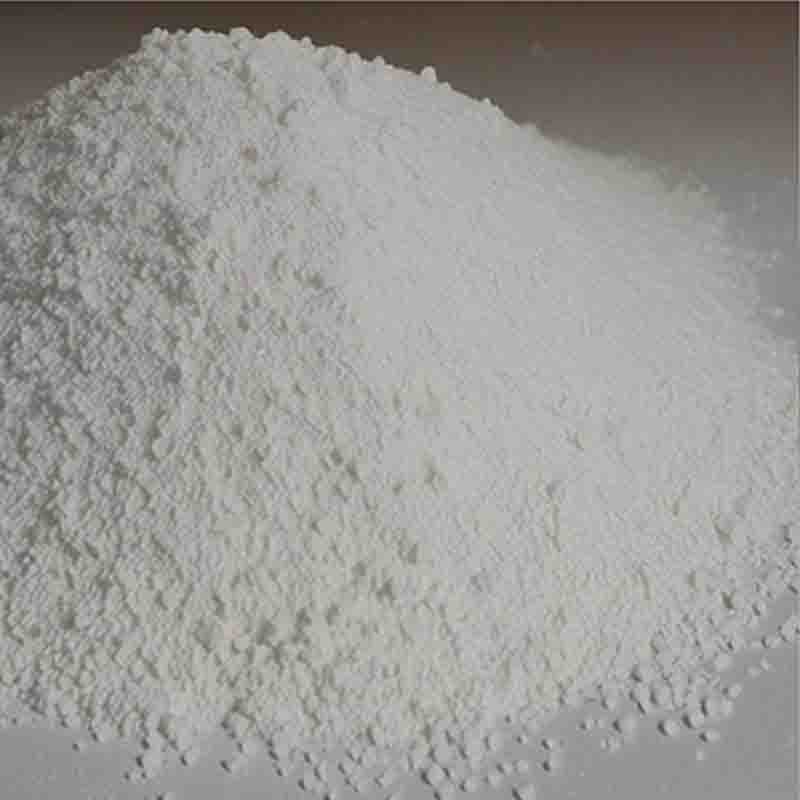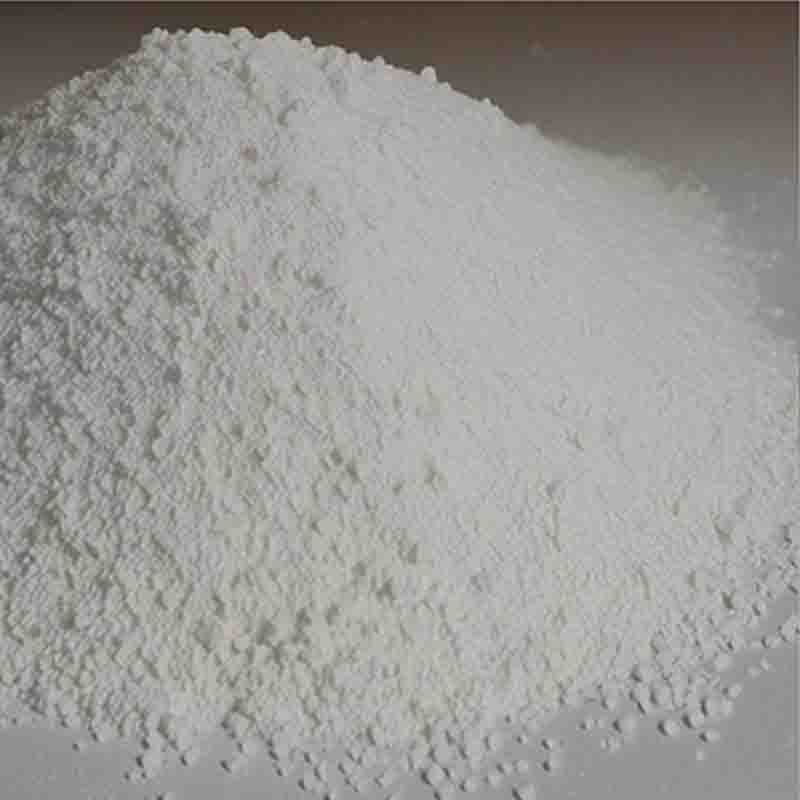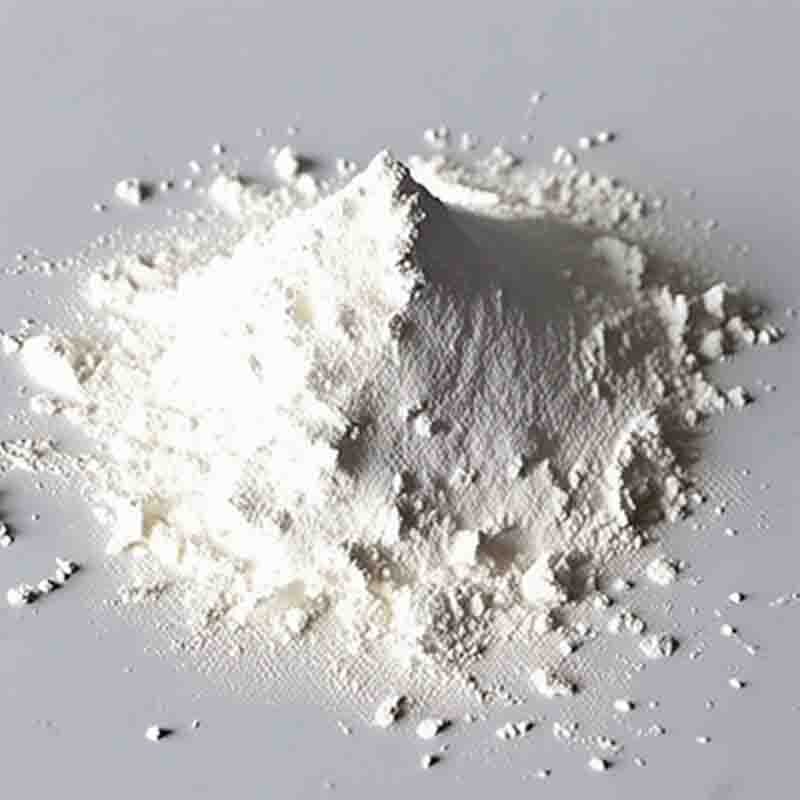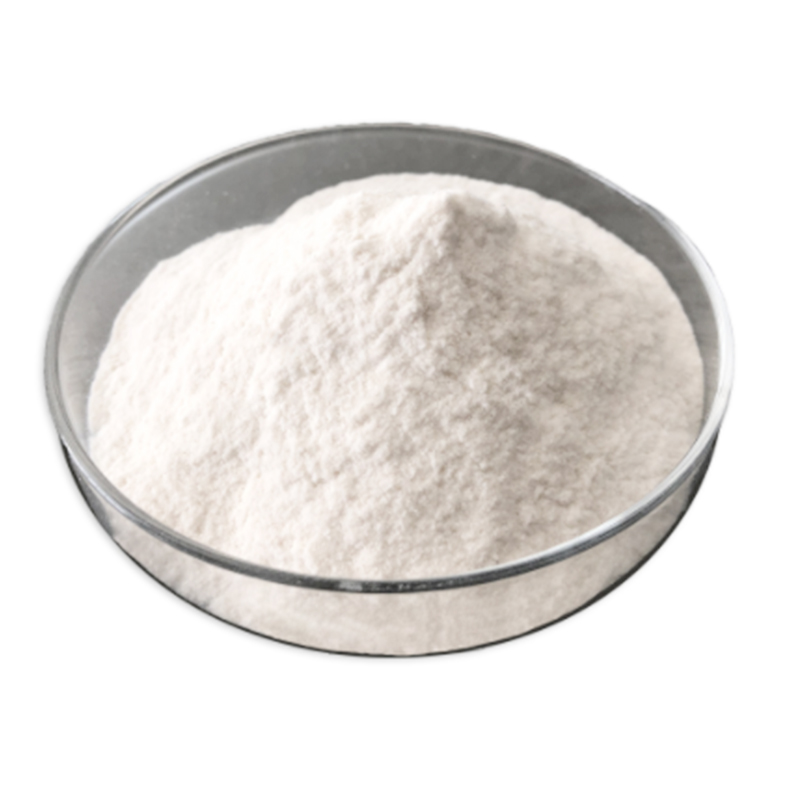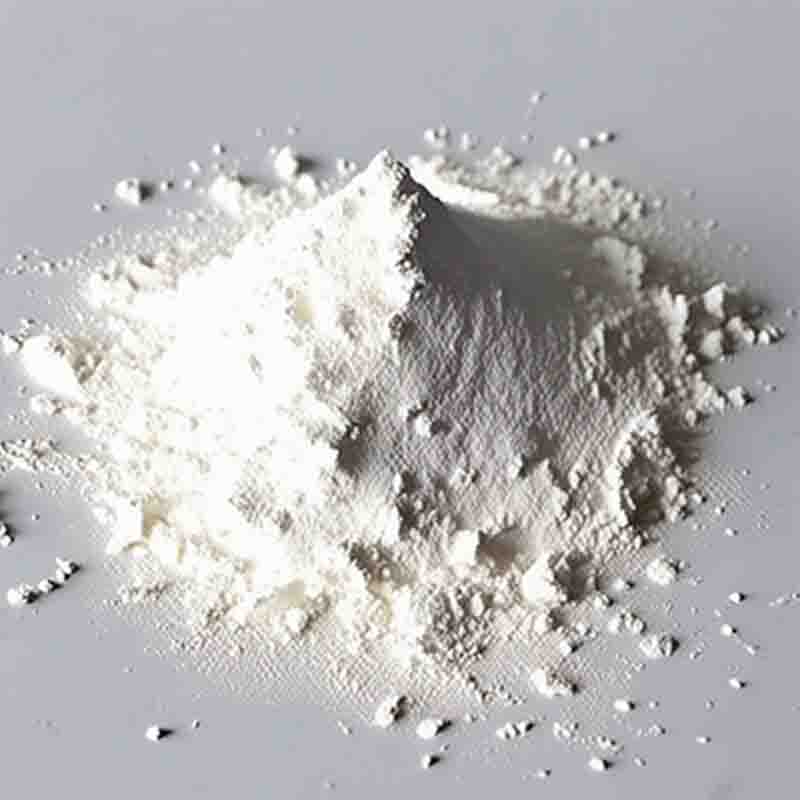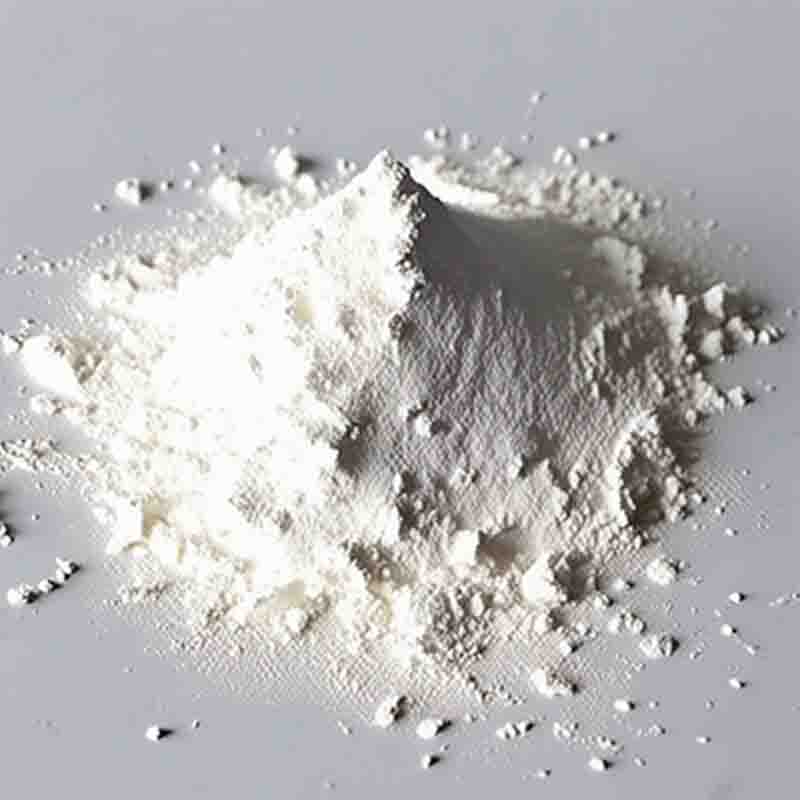potassiumt-butoxide(KTB) CAS:865-47-4
| Catalog Number | XD95869 |
| Product Name | potassiumt-butoxide(KTB) |
| CAS | 865-47-4 |
| Molecular Formula | C4H9KO |
| Molecular Weight | 112.21 |
| Storage Details | Ambient |
Product Specification
| Appearance | White powder |
| Assay | 99% min |
Potassium t-butoxide (KTB) is a strong base with a variety of effects and applications in organic synthesis and other chemical reactions. Here are some important effects of potassium t-butoxide:Alkoxide Nucleophile: Potassium t-butoxide is a potent nucleophile due to the presence of the t-butoxide ion (C4H9O-). It can react with various electrophiles, such as alkyl halides, to form new carbon-carbon or carbon-heteroatom bonds. This reactivity makes it useful in the synthesis of ethers, esters, and related compounds.Elimination and Deprotonation: KTB acts as a strong base, capable of abstracting protons. It is commonly used in elimination reactions, such as the E2 mechanism, where it removes a proton from a β-carbon to form a double bond. This effect is particularly valuable for synthesizing alkenes and alkynes from halides or alcohols.Dehydrohalogenation: Potassium t-butoxide can also facilitate the removal of hydrogen halides (e.g. HCl, HBr) from alkyl halides through dehydrohalogenation reactions. By abstracting a proton from the α-carbon, it promotes the elimination of a halogen atom and formation of a carbon-carbon double bond. KTB is effective in both primary and secondary alkyl halides.Esterification: Potassium t-butoxide is widely used in the synthesis of esters. It facilitates the reaction between carboxylic acids and alcohols, leading to the formation of esters and water molecules. KTB acts as a base by deprotonating the carboxylic acid, enabling the nucleophilic attack of the alcohol on the carbonyl carbon.Polymerization: KTB can initiate the polymerization of various monomers. It is often used in the synthesis of polymers and copolymers, such as styrene-butadiene rubber. By abstracting a proton from a monomer, KTB initiates the formation of radical species that undergo subsequent polymerization reactions.It is important to handle potassium t-butoxide with care, as it is a strong base that can cause severe burns and is moisture-sensitive. Contact with skin, eyes, or mucous membranes should be avoided, and appropriate protective equipment should be worn. Additionally, KTB should be stored and handled in a dry and air-free environment to prevent degradation. When using KTB in reactions, it is crucial to consider safety precautions, such as working under a fume hood and following proper handling procedures.


